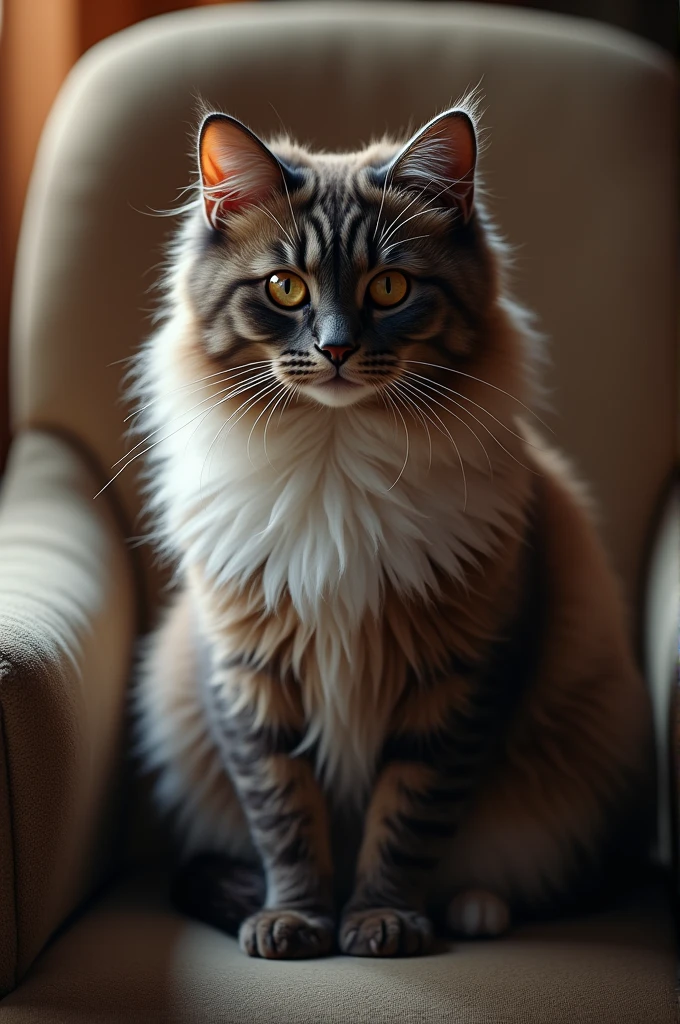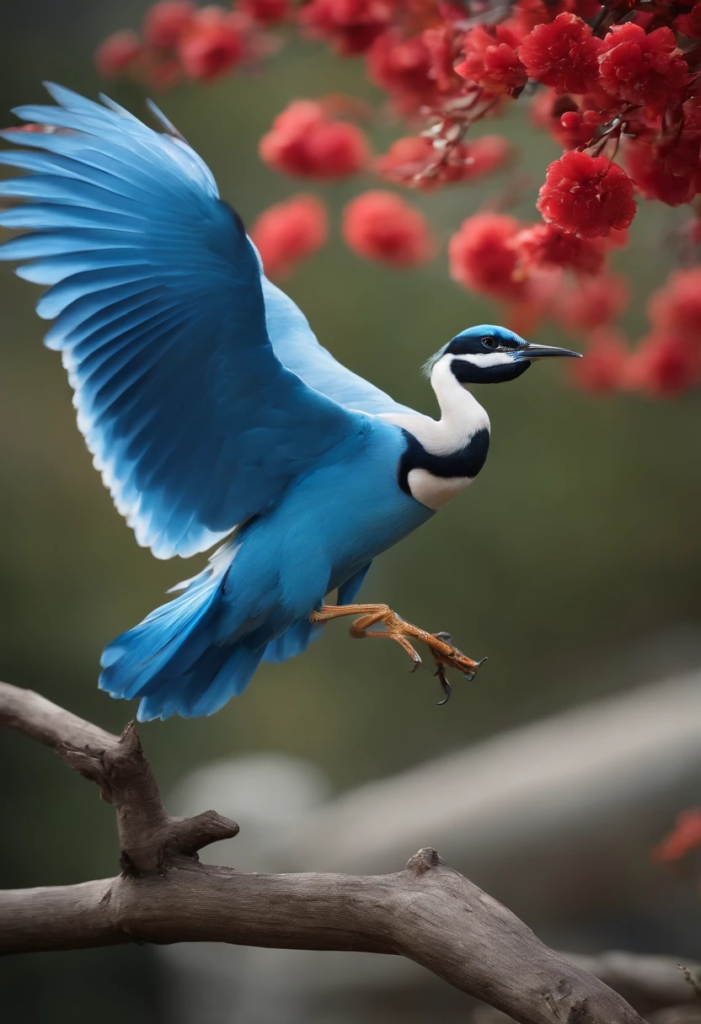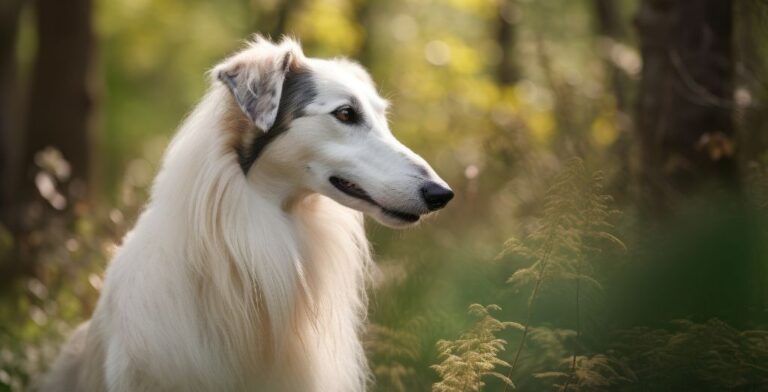Silkie Chicken: A Unique and Adorable Breed
The Silkie Chicken is one of the most unique and recognizable chicken breeds in the world. Known for its soft, silk-like feathers and friendly nature, this breed has captured the hearts of poultry lovers for centuries. These kind of Chickens are not only beautiful but also excellent pets due to their gentle temperament. In this article, we will explore the history, characteristics, care requirements, and more about this fascinating breed.
History of the Silkie Chicken
The Silkie Chicken has a long and intriguing history that dates back to ancient China and Southeast Asia. Some records suggest that Marco Polo described a “furry chicken” during his travels in the 13th century. This breed was later introduced to Europe and gained popularity for its unique appearance and docile nature. Over time, They have become a favorite among backyard poultry keepers and exhibition breeders.
Characteristics of Silkie Chickens
Silkie Chickens are famous for their distinctive features. Here are some key characteristics that set them apart from other chicken breeds:
- Soft Feathers: Unlike regular chickens, They have fluffy, silk-like feathers that lack barbicels, making them feel like fur.
- Black or Blue Skin: They have dark-colored skin, bones, and meat due to a genetic trait called fibromelanosis.
- Five Toes: While most chickens have four toes, This breed have an extra toe on each foot.
- Crested Head: Their fluffy crest often resembles a pom-pom, adding to their charming appearance.
- Friendly Nature: They are extremely gentle and affectionate, making them great pets, especially for families with children.
- Small Size: They are considered a bantam breed, meaning they are smaller than standard chickens.
Health and Care
Proper care is essential to keep Silkie Chickens healthy and happy. Here are some health considerations and tips for their well-being:
1. Housing and Environment
Silkie Chickens require a clean, dry, and predator-proof coop. Because their feathers lack waterproofing, they can become cold or wet easily, making shelter crucial in rainy or snowy weather.
2. Diet and Nutrition
A balanced diet is essential for their health. Provide high-quality poultry feed, along with fresh fruits, vegetables, and occasional treats like mealworms. Ensure they have access to fresh water at all times.
3. Common Health Issues
Silkie Chickens are generally hardy but can be prone to certain health issues:
- Marek’s Disease: A viral infection that can affect the nervous system.
- Scaly Leg Mites: These mites burrow under their leg scales, causing irritation.
- Respiratory Issues: Silkies can be sensitive to damp or cold conditions, leading to respiratory infections.
4. Grooming and Maintenance
Because of their unique feathers, Silkies benefit from regular grooming. Check their feathers for dirt, mites, or lice and trim around their eyes if necessary to prevent vision obstruction.
Why Keep Silkie Chickens?
Silkie Chickens are more than just ornamental birds. Here are some reasons why they are a great addition to any backyard flock:
- Excellent Pets: Their friendly and calm demeanor makes them ideal pets for both adults and children.
- Great Brooders: Silkies are known for their excellent mothering skills and are often used to hatch eggs from other breeds.
- Egg Production: While not the best layers, they produce small cream or tinted eggs, averaging 3-4 per week.
- Show Birds: Due to their unique appearance, Silkie Chickens are popular in poultry exhibitions and competitions.
Fun Facts About Silkie Chickens
- They are sometimes called the “teddy bears of the chicken world.”
- Silkies can come in various colors, including white, black, blue, buff, and gray.
- Unlike most chickens, their meat is considered a delicacy in some Asian cuisines due to its black color.
Conclusion
The Silkie Chicken is a truly special breed with its fluffy feathers, friendly nature, and rich history. Whether you want a charming pet, a dedicated broody hen, or a beautiful show bird, Silkies are an excellent choice. With proper care, they can thrive and bring joy to any poultry enthusiast.
FAQs
1. Are Silkie Chickens good egg layers?
Silkie Chickens lay around 3-4 small eggs per week, but they are better known for their brooding abilities than their egg production.
2. Do Silkie Chickens need special care?
Silkies require dry and warm housing since their feathers are not waterproof. Regular grooming is also recommended.
3. Are Silkie Chickens noisy?
No, Silkies are relatively quiet compared to other chicken breeds, making them ideal for urban or suburban settings.










